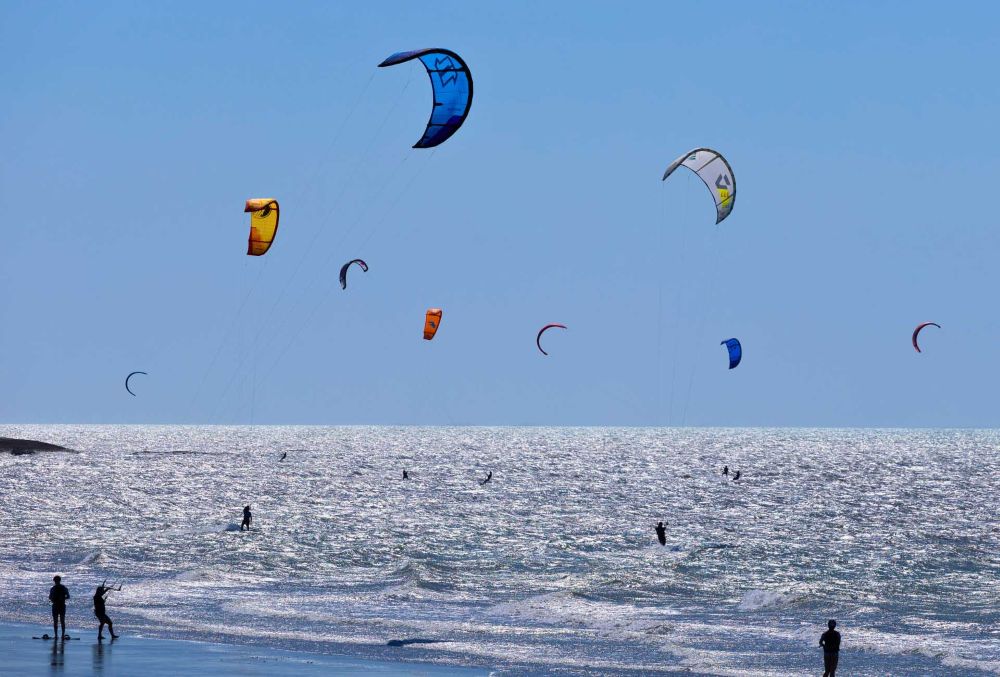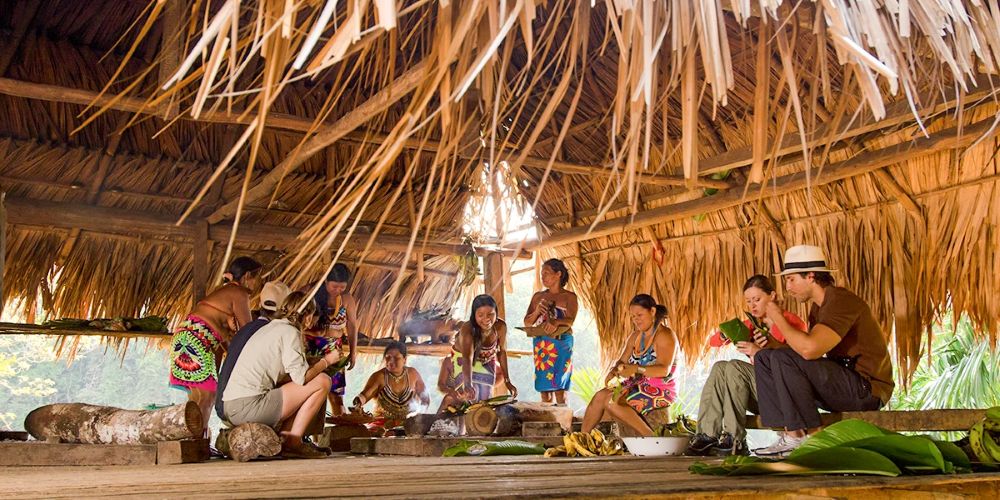Un nouveau rapport important du World Travel & Tourism Council (WTTC) et du groupe Trip.com, en collaboration avec Deloitte, révèle un intérêt croissant des consommateurs pour le tourisme durable, 69 % des voyageurs recherchant activement des options de voyage durables.
Dans ce rapport de suivi, le WTTC s’est à nouveau associé au groupe Trip.com, principal fournisseur mondial de services de voyage, et à ses principales marques grand public Trip.com, Ctrip et Skyscanner, avec des données supplémentaires fournies par Deloitte, pour analyser les tendances qui ont façonné le secteur du voyage et du tourisme l’année dernière et qui continueront à le faire en 2023.
Le rapport, intitulé “A world in motion : shifting consumer travel trends in 2022 and beyond“, montre que la durabilité est un élément clé de l’agenda du voyage, les voyageurs étant désireux de réduire leur empreinte carbone et de soutenir le tourisme durable.
Selon une enquête incluse dans le rapport, trois quarts des voyageurs envisagent de voyager de manière plus durable à l’avenir et près de 60 % ont choisi des options de voyage plus durables au cours des deux dernières années. De plus, ces voyageurs ont déclaré qu’ils payaient déjà pour compenser leurs émissions de carbone ou qu’ils l’envisageaient si le prix était correct.
Une autre enquête a également révélé qu’environ trois quarts des voyageurs haut de gamme sont prêts à payer un supplément pour rendre leurs voyages plus durables.
L’année dernière, après plus de deux ans d’interruption des voyages, les voyageurs ont clairement fait savoir que leur envie de voyager était bien vivante, avec une augmentation de 109 % des arrivées internationales par rapport à 2021.
Selon le rapport, l’année dernière, les consommateurs étaient prêts à étirer leur budget pour leurs projets de vacances, 86 % des voyageurs prévoyant de dépenser le même montant ou plus pour des voyages internationaux qu’en 2019, les touristes nord-américains étant en tête de liste des grands dépensiers.
Mais 2023 s’annonce encore plus significatif en termes d’évolution des dépenses des voyageurs. Malgré les inquiétudes liées à l’inflation et à la crise du coût de la vie dans le monde, 31 % des voyageurs ont déclaré avoir l’intention de dépenser plus en voyages internationaux cette année qu’en 2022.
En outre, selon le ” Global State of the Consumer Tracker ” de Deloitte, l’année dernière, plus de la moitié (53 %) des consommateurs mondiaux interrogés pendant l’été ont déclaré qu’ils prévoyaient un hébergement en hôtel au cours des trois mois suivants.
Julia Simpson, présidente et directrice générale du WTTC, a déclaré : ” La demande de voyages est aujourd’hui plus forte que jamais et notre rapport montre que cette année, nous assisterons à un rebond significatif. L’année 2023 devrait être une année très forte pour le secteur du voyage et du tourisme.Le développement durable est en tête des priorités des voyageurs, et les consommateurs soulignent la valeur qu’ils accordent à la protection de la nature et aux voyages responsables.”
Jane Sun, PDG du groupe Trip.com, a déclaré : “Les voyages et le tourisme sont un puissant moteur de l’économie mondiale, créant des emplois, stimulant la croissance économique et sortant les communautés de la pauvreté. La région Asie-Pacifique, avec sa classe moyenne en pleine expansion et ses économies dynamiques, est bien placée pour tirer parti de la croissance du secteur et prendre sa place en tant que leader de l’économie touristique mondiale. Je suis optimiste quant à la dynamique positive de la reprise et de la croissance mondiale des voyages en 2023, principalement portée par les consommateurs de Chine continentale, ce qui contribuera à accélérer la reprise et le développement dans le monde.”
De son côté, Scott Rosenberger, responsable du secteur mondial des transports, de l’hôtellerie et des services de Deloitte Global a ajouté : ” Le secteur du voyage rebondit après la pandémie tout en innovant et en répondant aux demandes de types de voyages alternatifs plus modernes, de voyages durables, de voyages de luxe, et bien plus encore. Même l’augmentation des préoccupations financières liées à l’inflation ne ralentit pas le rythme ; les voyages sont de plus en plus prioritaires et les modalités de travail flexibles ou à distance créent de nouvelles opportunités. Nous nous engageons activement auprès de nos clients pour qu’ils adoptent ces nouvelles tendances et créent des expériences mémorables pour les consommateurs.”







